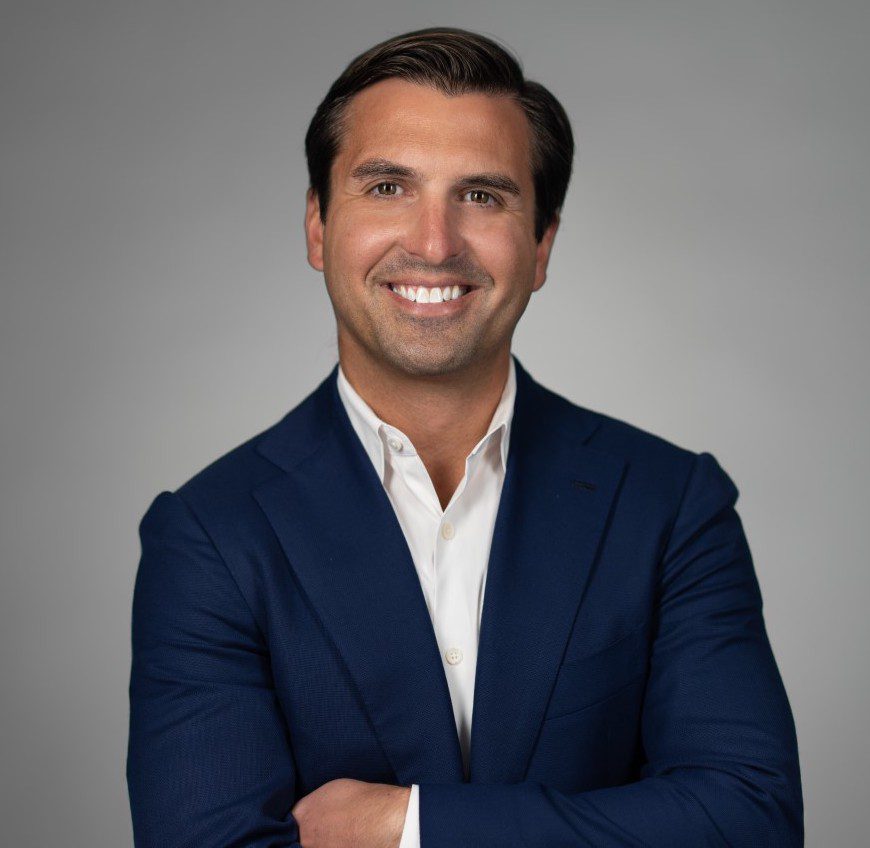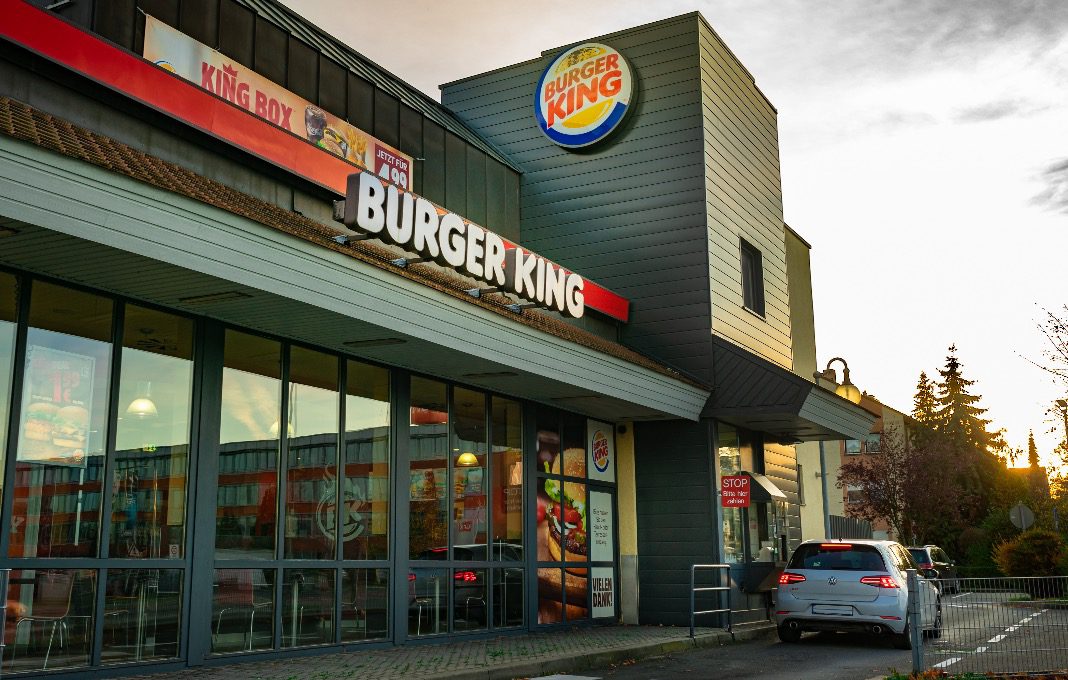As the new team running Burger King, Patrick Doyle and Josh Kobza have a unique relationship that is more than about being a mentor and a mentee.
Doyle is the grizzled veteran who resurrected Domino’s as CEO of the pizza chain and now is executive chairman of Restaurant Brands International, the parent of Burger King. Kobza is the new CEO of Toronto-based RBI and one of the youngest chiefs of a Fortune 500-scale American brand.
The extra wrinkles in this May-October relationship include the fact that Doyle—who worked for Carlyle in the private-equity world after retiring from Domino’s in 2018 — has $30 million of his own skin in the game as he tries to help ensure Burger King knocks off Wendy’s to become the undisputed No. 2 hamburger chain in the world after McDonald’s.
For his part, Kobza is the one with all the experience in the burger world per se, already having served at RBI for 11 years as CFO, CTO and development officer, and, most recently, chief operating officer. He oversaw multiple operations and was key in RBI’s acquisitions of Tim Hortons, Popeye’s Louisiana Chicken and Firehouse Subs chains to help build the foodservice holding company’s portfolio.

Together, Kobza and Doyle already are in the midst of some big initiatives to try to catapult Burger King over Wendy’s in their back-and-forth battle for the industry’s No. 2 spot. They include a $400-million campaign to improve aspects of Burger King operations from technology to franchisee profitability, and a new advertising campaign about the chain’s biggest brand asset with the sticky tag line “Whopper Whopper Whopper Whopper.”
“I love this company and am really excited to be leading it into the future,” Kobza said, “and as an admittedly young CEO, I’m thankful to have this setup” with Doyle. “It’s the best possible thing to set us up for success, to have one of the most successful folks who’ve ever operated in the industry.”
Indeed, as CEO after several years of rising through the Ann Arbor, Michigan-based operator, Doyle led Domino’s from woebegone status to the revenue pinnacle of the quick-serve-pizza business by overhauling food quality, deploying industry-leading technology for online ordering and fulfillment, and ensuring all along that franchisee health was paramount.
“I come to it with experience,” Doyle says. “I’ve done it before. I understand the dynamics and what it takes to get a business moving forward quickly and how to accelerate that growth. Some of it is just experience. You can move quickly and confidently when you’ve done it before.”

But “Josh is going to be running RBI,” Doyle said, “with five business presidents who are going to run their businesses, and I’m here as an advisor to Josh and them. I oversee the board as the chair, and I get to help [the board] look for big investments that we think are really going to change the trajectories of some of these businesses.”
Burger King’s “Claim the Flame” program, Doyle said, is an example. Launched last fall before the recent series of management changes, the $400-million strategic-turnaround effort involves substantial marketing, operations and digital investments “where we can go in and go really deep and commit to things that are going to dramatically accelerate the growth of the business and work with the team on those things.”
Given what’s already going on at Burger King as well as future plans to fortify and expand the brand, menu, stores, technology, international expansion and overall operations, Kobza says, “I’m constantly talking with [Doyle] about what’s going on, through big topics and big problems. It’s incredibly valuable to be able to do that. It helps us to make sure we get to the right answers.”
Also, Kobza says, he plans to learn from Doyle’s experience “to be passionate about franchisees’ success and holding myself accountable to that.” Doyle already has taught Kobza a lot about “open and clear” communication, the junior executive says — which, in Doyle’s distant past as its CEO, included starring in Domino’s TV commercials apologizing for the quality of its food and vowing to correct it.
“Josh is going to be running the company,” Doyle says. “He’s the CEO, and there are a lot of things that come along with that, good and bad, that I don’t need to do anymore. I don’t need to be in on those day-to-day things to add value to the business I can help with things that are the higher-level strategic issues we’re facing, heping to sort through the particularly thorny issues on different businesses and acting as a very senior advisor.
“As an investor — and a substantial investor — my incentives are perfectly aligned with those of our shareholders, and with our franchisees. The only way this will work medium to long term is if [franchisees] are thriving.”
























































![Key Metrics for Social Media Marketing [Infographic] Key Metrics for Social Media Marketing [Infographic]](https://www.socialmediatoday.com/imgproxy/nP1lliSbrTbUmhFV6RdAz9qJZFvsstq3IG6orLUMMls/g:ce/rs:fit:770:435/bG9jYWw6Ly8vZGl2ZWltYWdlL3NvY2lhbF9tZWRpYV9yb2lfaW5vZ3JhcGhpYzIucG5n.webp)


















